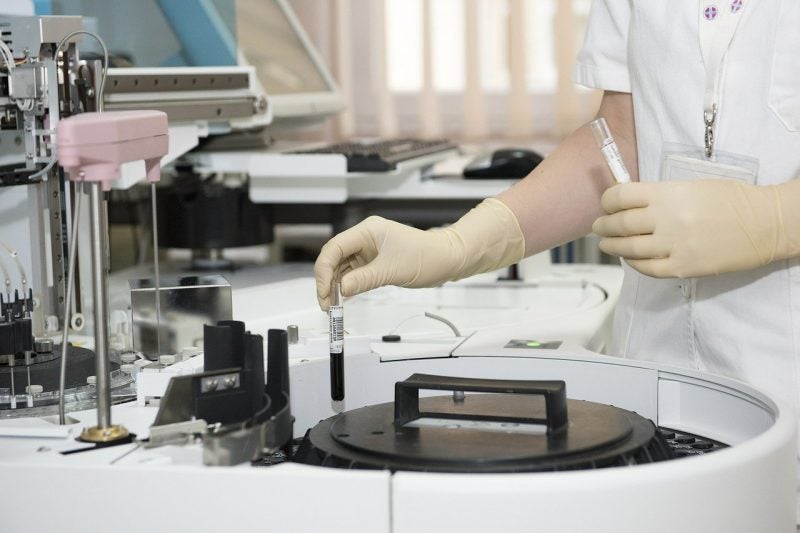
Korean-based project FLETA has formed a strategic collaboration with Chinese blockchain giant Neo on the launch of a clinical trial data registry platform.
The partnership deal comes as part of an expansion of FLETA’s operations across Asia.

Discover B2B Marketing That Performs
Combine business intelligence and editorial excellence to reach engaged professionals across 36 leading media platforms.
The deal follows FLETA’s partnership with the Government of Korea, which it stores clinical trial data with using blockchain technology.
The clinical trial data registry platform will see Neo and FLETA’s teams integrating their expertise to help eliminate data manipulation in the medical industry.
During the project, the two firms will work with Seoul’s KyungHee University Medical Centre experts.
FLETA Global Strategy head James Song said: “FLETA is seeking to expand its ecosystem into the global market. We have been mainly operating in Korea for two years and we believe we have built a strong reputation in Korea. We’re excited to bring what we have done to the global region. Working with Neo will definitely accelerate that process.

US Tariffs are shifting - will you react or anticipate?
Don’t let policy changes catch you off guard. Stay proactive with real-time data and expert analysis.
By GlobalData“Not only will we be utilising Neo’s virtual machine (VM) but we will be working together to create use cases. This Clinical Trial Research Registry Platform will be the first.
“KyungHee University Medical Center will also participate in this project to provide diabetes data that they have been collecting for nine years. We will put all of our efforts towards developing this project to prevent data manipulation in the medical industry. We plan to make this project global, by collaborating with Neo as well.”
FLETA’s blockchain technology was launched in 2018. The Government of Korea is already using the technology to safely store the clinical trial data.





